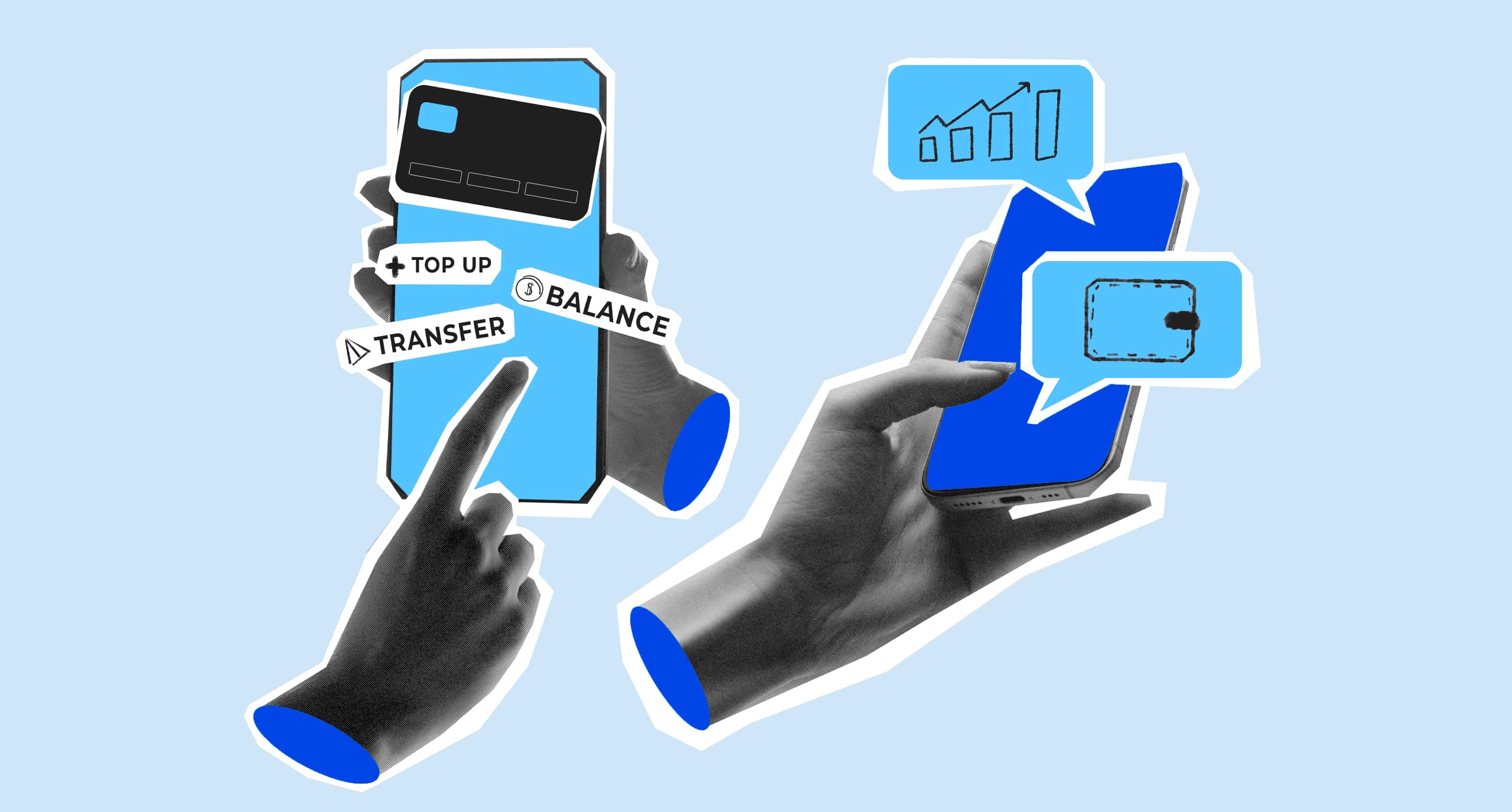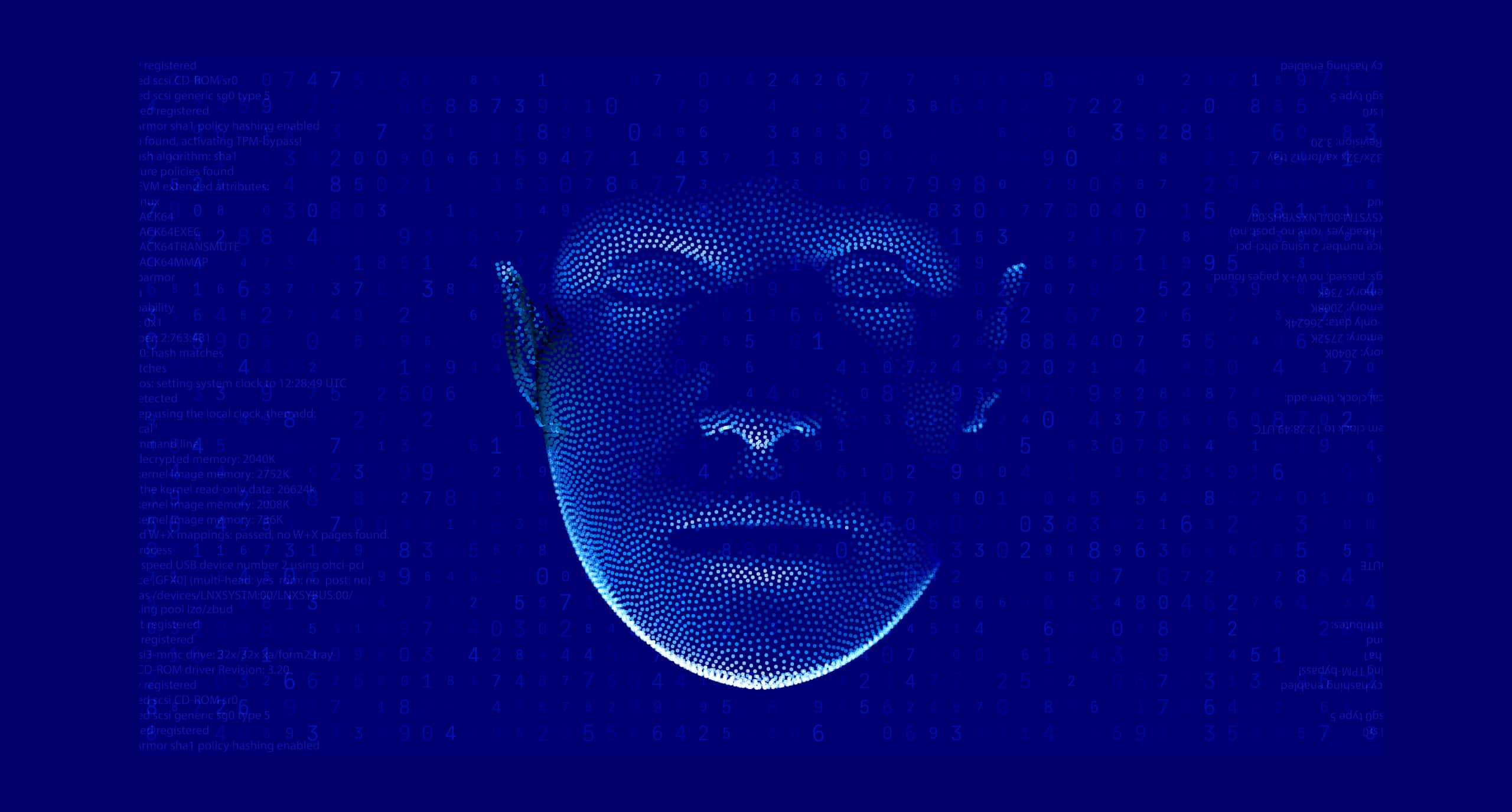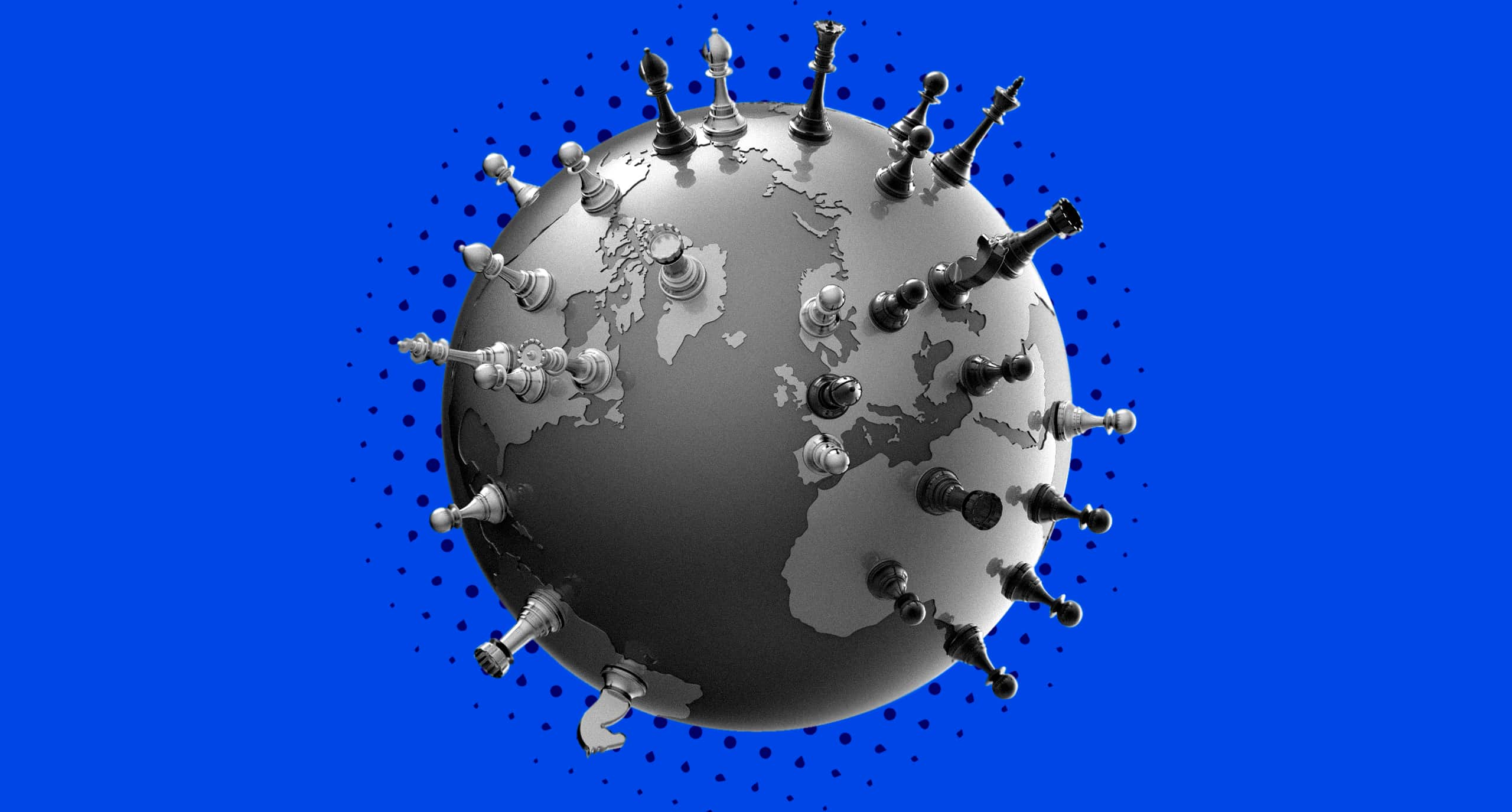If you work in human resources—we’re sorry. With the changes in key HR trends and skills, we know your life is a lot harder. Talent management is now a juggling act between technology, work culture and team management. But what are these new trends? What is the future of talent management? And is there any point—or hope—in trying to keep up?
The challenges to future talent management with new HR trends
You want experience in your workforce. That means holding onto top talent. Employer branding is your way to make that happen. This encompasses quotas on diversity, promotion policies and office culture. Modern employees value companies that focus on these issues, which is terrible news for HR’s workload.
Add the fact HR departments are accountable for onboarding and upskilling and the work begins to pile up. Training used to be straightforward. New technologies make it less so. With AI and hybrid work at the fore, companies must rethink entire training systems.
“People work for money but go the extra mile for recognition, praise and rewards,” Dale Carnegie

Here’s how the two balance: modern HR departments must constantly upskill staff while maintaining strong employer branding—all with a gradually more decentralized workforce. Not looking good, is it? You used to be able to pop down the hallway to solve issues. Or bring in a box of puff pastries. Alas, those days are long gone. You now need to be on top of talent development trends or that boat of yours is going to sink.
Human resources trends show competition with generative AI is concerning workers
So, how is technology disrupting training methods? It comes down to generative AI creating a “skill gap”. Artificial intelligence offers serious advantages to those who know how to use it, which means a disadvantage to those who don’t. And the learning process is endless. The skill gap forms because continued innovation limits those who aren’t technologically savvy. And there’s no use waiting for AI to go away. It’s changing the world.
Morgan Stanley estimates generative AI technologies will likely affect a quarter of all occupations that exist today. This will rise to 44% within three years. A recent survey by EY found 75% of employees are worried AI will nullify their role. Around 66% worry it will replace them altogether.

“Organizations that take advantage of continuous deep collaboration with technology partners plugged into the broader business goals are better able to drive ongoing value from their platforms,” Joanna Hodgson, Red Hat
Who’s responsible for filling this skill gap? Human resources. It won’t slow down, either; the market for re-skilling workers will surpass $16 billion within the next three years. PwC have already announced a $1 billion investment in generative AI training to stay up to date. The training includes topics like ethics of AI, responsible use of AI and how to create AI prompts. This marks a significant change in human resources trends worldwide.
Blending AI with HR key skills for the future of talent management
But there is good news for HR: tech companies are helping close the skill gap. Teachers can now grade homework with Class Companion. Architects can design with SketchPro. Walmart workers have My Assistant to summarize long documents, create new content and take over menial tasks. All these generative AI programs require training, but they are user friendly. This makes HR’s life a lot easier.
“I think AI is going to be the greatest force for economic empowerment and a lot of people getting rich we have ever seen,” Sam Altman, CEO of OpenAI

So, how to keep up with HR trends? Proactivity. HR must find a strategy which capitalizes on these modern changes. This means regular upskilling sessions. It also means fostering a digitally curious culture in the workplace—be it online or in person. Success will come when workers embrace these tools instead of fearing them.
It’s a juggling act, but modern HR trends haven’t changed the job’s heart: the human touch. Relationship building, communication and collaboration are more important than ever. And human resources can use these to harness their workers’ creativity and establish a truly dynamic workforce.
We’re sorry, HR. But we’re counting on you to survive—and understanding current talent management trends will be your guiding light.
Embracing HR trends and key skills for long-term success at IE University
At IE Business School, we know that being digitally curious is vital for success in the workplace. We’re committed to delivering talent development programs that break new ground. That’s why technology shapes our Master in Talent Development & Human Resources. If you can lead workplace transformation, this program is for you.
Our Master in Talent Development & Human Resources blends theoretical and practical learning, offering career progression for those who will lead the future of HR. The curriculum touches on three core pillars: Strategic Business Insights, People Management Skills, and HR and AI Technology Knowledge. Emphasizing hands-on experience, this comprehensive program equips you to navigate the complex interplay between people, technology and business performance.
Are you looking to get ahead of the curve with HR key skills? We’re searching for top candidates to enter our cohort. If you’re a technologically proficient individual looking to take your career to the next level, we want to hear from you.
Lead change in industry with HR key skills
Our Master in Talent Development & Human Resources will unlock HR industry trends and perfect your profile.

Benjamin is the editor of Uncover IE. His writing is featured in the LAMDA Verse and Prose Anthology Vol. 19, The Primer and Moonflake Press. Benjamin provided translation for “FalseStuff: La Muerte de las Musas”, winner of Best Theatre Show at the Max Awards 2024.
Benjamin was shortlisted for the Bristol Old Vic Open Sessions 2016 and the Alpine Fellowship Writing Prize 2023.






